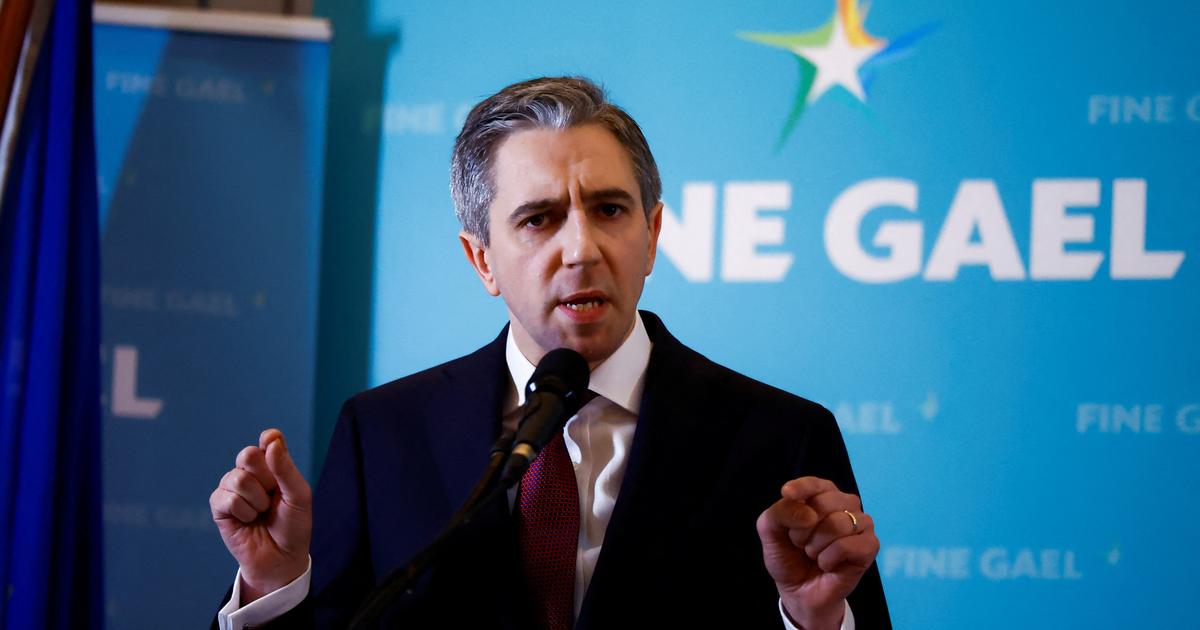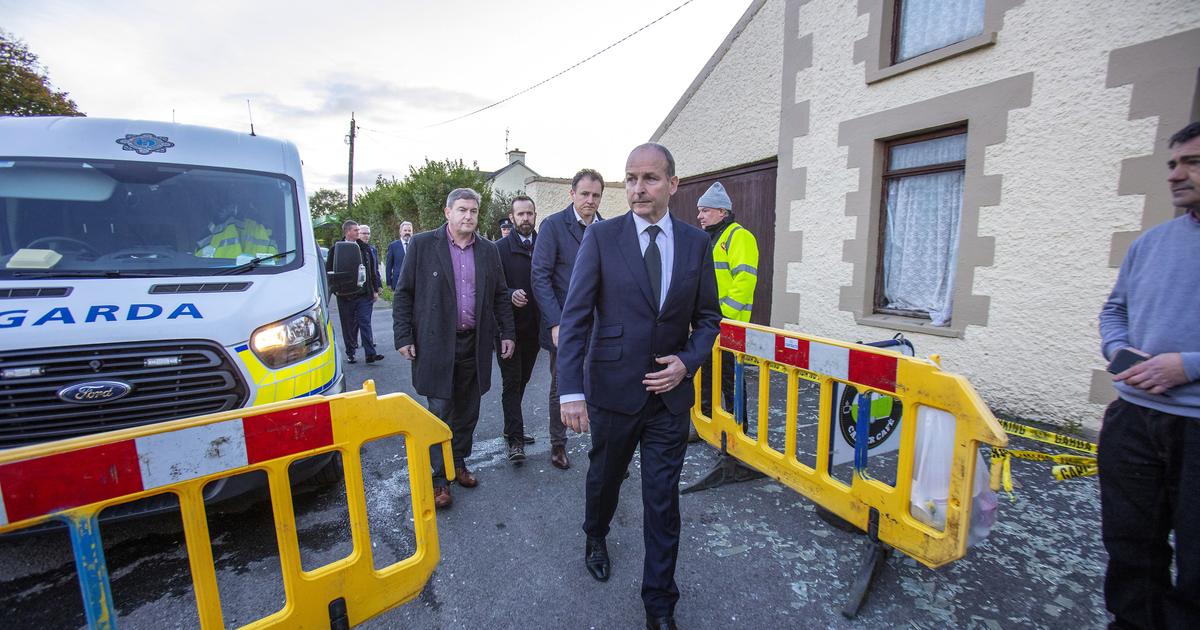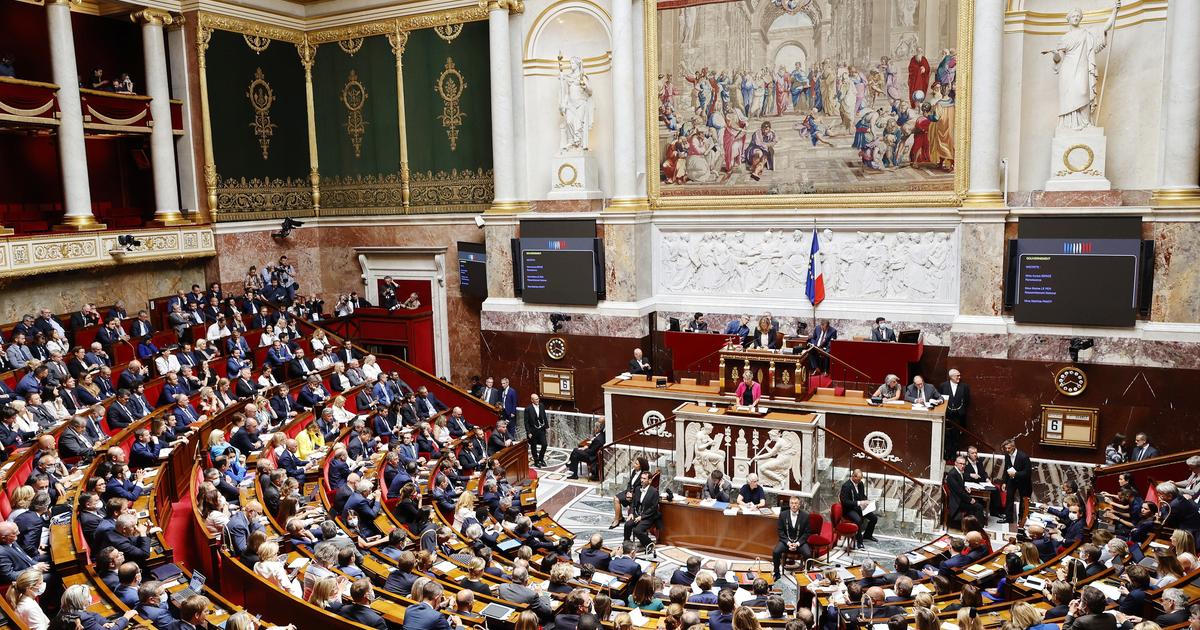Enlarge image
Britain's Foreign Secretary Liz Truss called the planned legislative changes "both legal and necessary" during the debate in Parliament
Photo: - / AFP
A trade war between the EU and the UK is looming.
In a vote in the House of Commons on Monday evening, the British government's legal text to overturn the Northern Ireland Protocol received a majority of 295 to 221 votes, despite sometimes fierce criticism from within its own ranks.
However, dozens of MPs from Boris Johnson's party reportedly abstained.
As the Guardian reports, the law could be pushed through parliament in a fast-track procedure, with a shortened committee period of just three days instead of the usual two or three weeks.
Prime Minister Johnson told the BBC he hoped his law would come into force quickly.
The draft could be implemented by the end of the year.
The law is intended to "fix parts of the Northern Ireland Protocol," according to a statement from the British government.
The agreement has led to cumbersome customs procedures, inflexible regulation and a host of other problems.
They also want to "restore stability" and ensure the continued existence of the Good Friday Peace Agreement that ended the civil war on the island of Ireland in 1998.
At the beginning of the parliamentary debate, Secretary of State Liz Truss described this project as “both legal and necessary”.
It is her "preferred option" to reach a solution through negotiations.
But she has no choice but to push the legislation as the EU refuses to reopen the text of the protocol.
EU has launched infringement procedures
The Northern Ireland Protocol is part of the Brexit deal between Brussels and London.
It has regulated the status of British provinces since Great Britain left the EU almost a year and a half ago.
The British government is now resisting the customs controls it negotiated on trade with Northern Ireland.
Most controls between Northern Ireland and the rest of Great Britain are to be abolished and British traders for goods bound for Northern Ireland are to be exempted from the obligation to make EU customs declarations.
London argues that the Northern Ireland Protocol undermines peace in the region by crippling government there.
The pro-British DUP party has been blocking the formation of a government in Northern Ireland for weeks and is calling for the Protocol to be abolished.
The EU rejects a fundamental revision of the agreement and regards unilateral changes as a violation of international law.
It has therefore already initiated two new infringement procedures against Great Britain and resumed an old procedure.
However, Brussels has offered London practical simplifications for the controls.
Secretary of State Truss denied that Britain would break international law with the changes.
The peace process in the region must have priority, she explained: "We cannot allow the situation to deteriorate."
Former British Prime Minister Theresa May contradicted the account of her successor Johnson's government in the House of Commons.
The planned changes to the Northern Ireland Protocol were "not legal", they would "not achieve their goals" and would also damage "Britain's image in the world".
Irish Prime Minister Micheál Martin also warned against changes to the agreed regulations.
"Any unilateral decision to break international law is a significant, serious development," he said in Dublin.
svs/dpa/AFP









